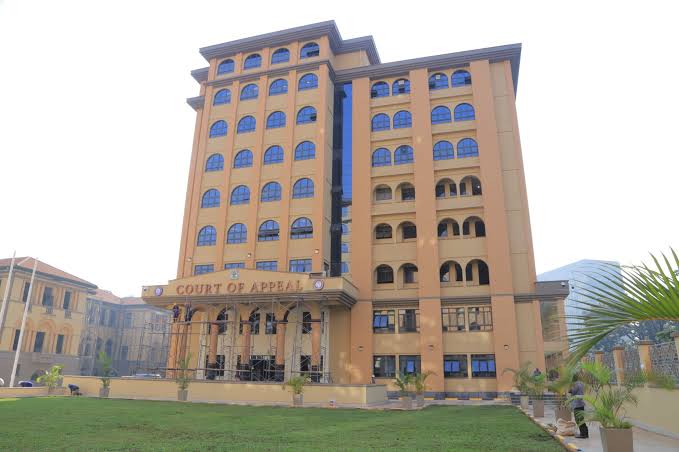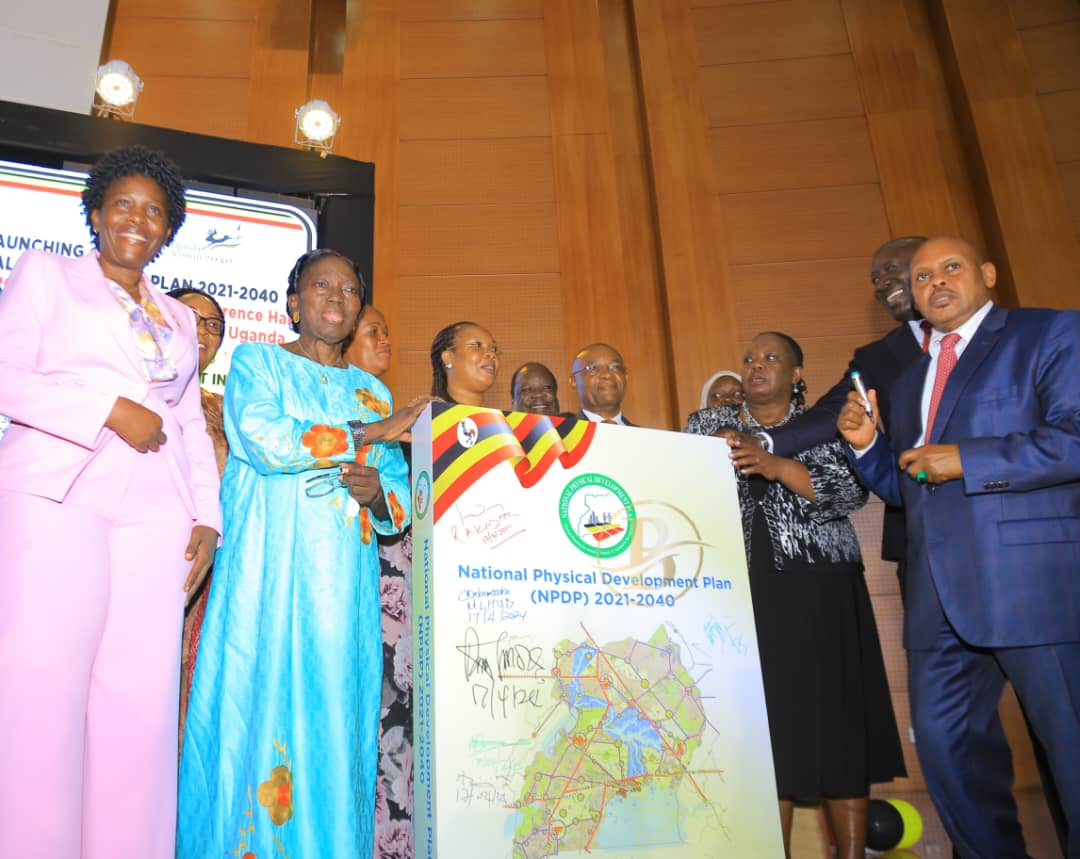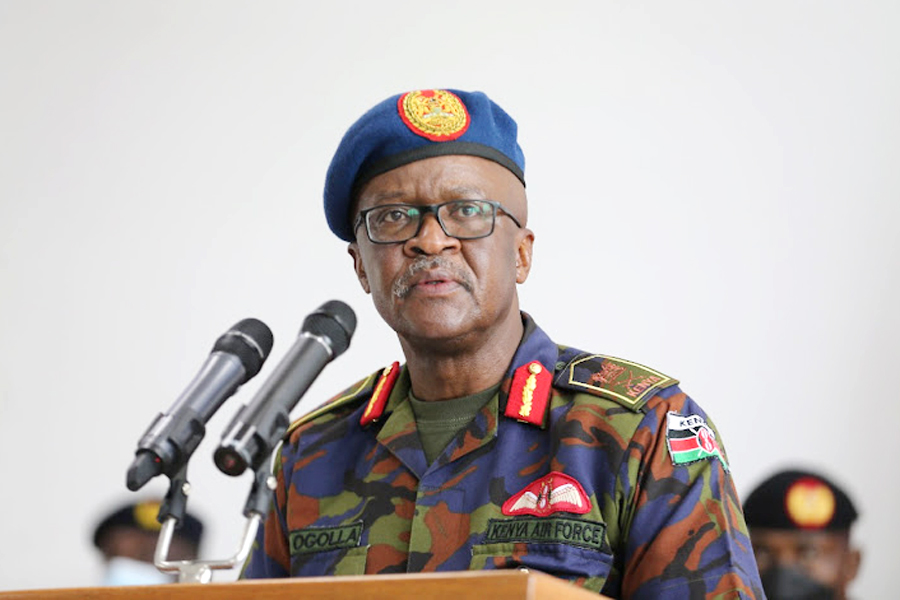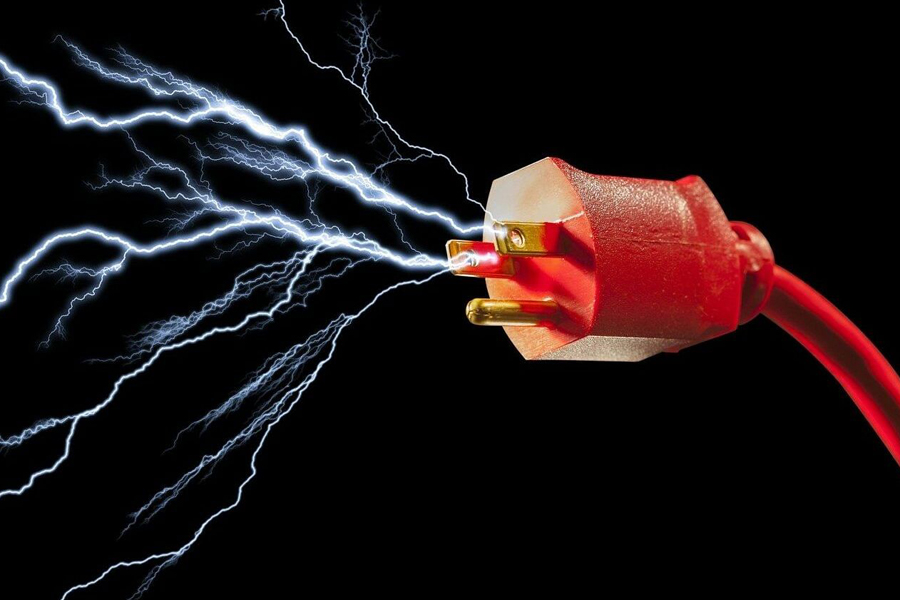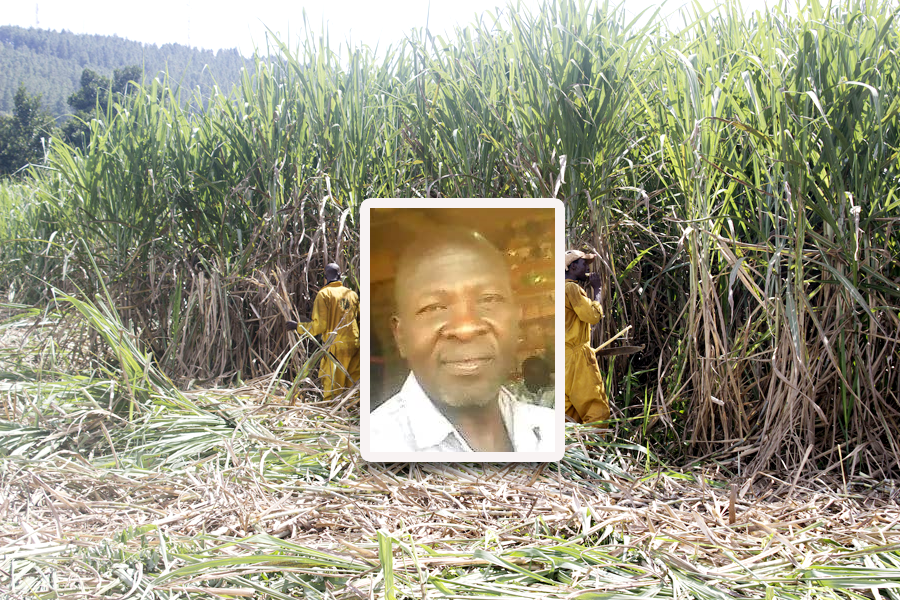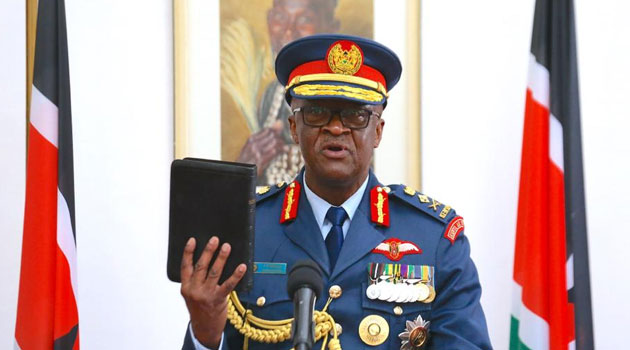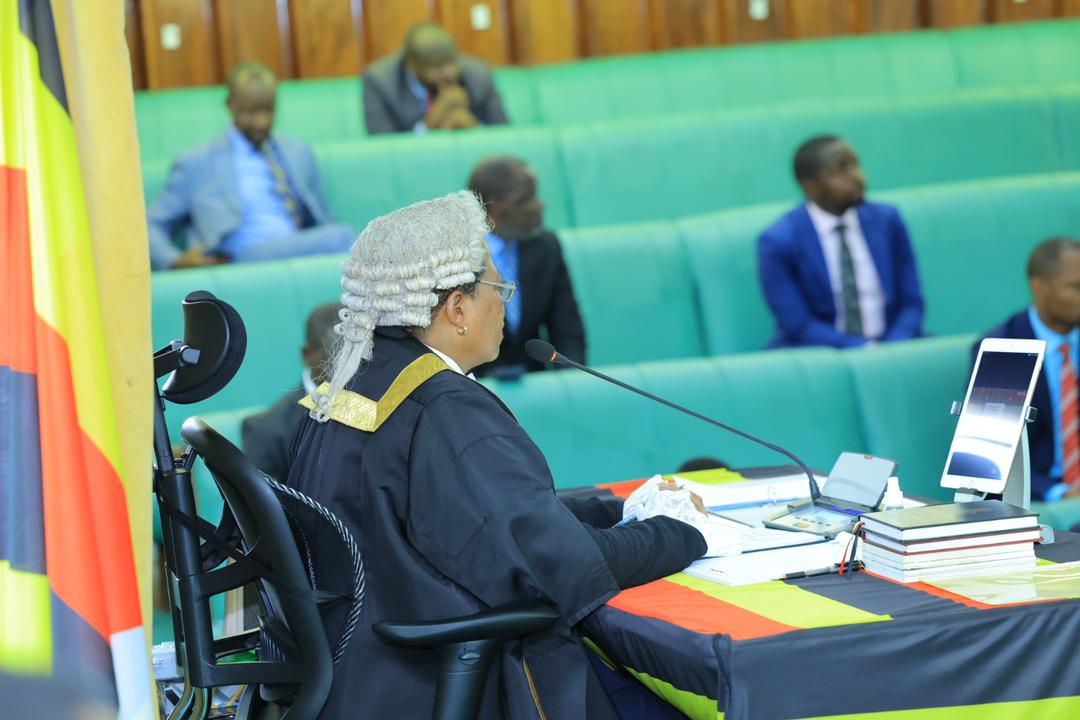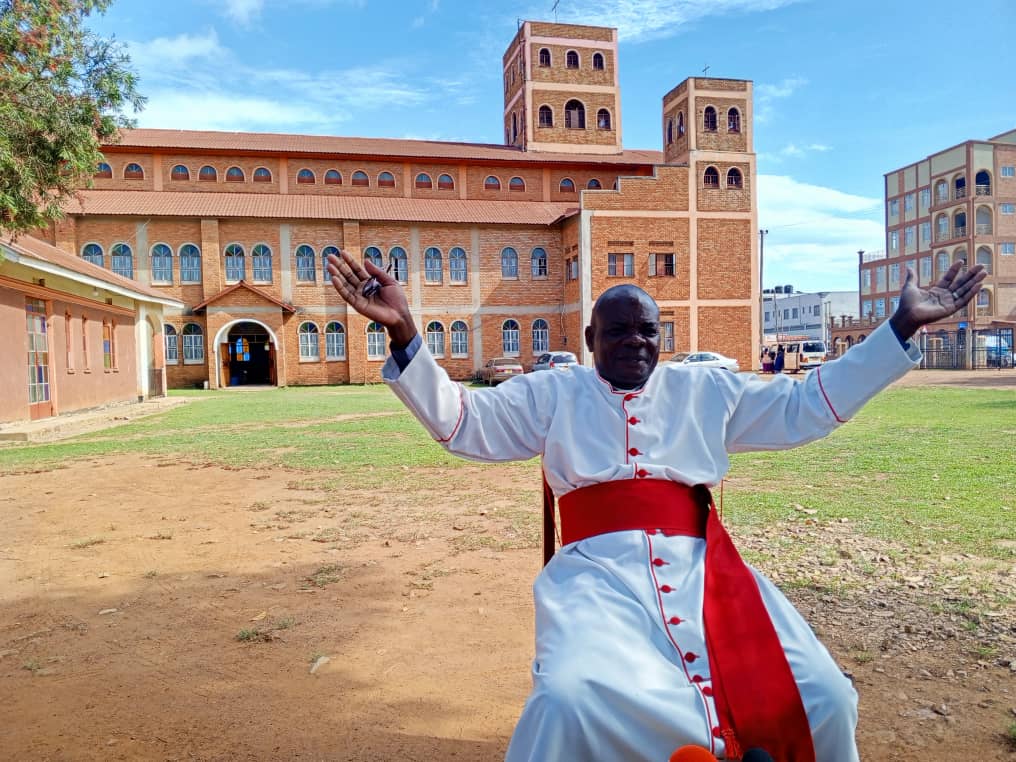Death of Mugabe: Why Museveni should think about his legacy
Over the weekend, I listened to an Al Jazeera podcast off my phone, from Inside Story program as Hashem Ahelbarra moderated a panel discussing Robert Mugabe’s legacy. As you might have seen from many media stories, the debate is not about how much effort he gathered to liberate his country Zimbabwe, but rather whether Robert Mugabe is a hero or a villain. In fact, this was the title of the podcast I was listening to.
There was even a cartoon drawing that went viral, of Robert Mugabe’s coffin stuck in between two grave holes; one written on liberator and the other written on the dictator. I don’t know if a leader can be both, but that’s so common in Africa.
Keep Reading
BBC’s African Editor’s article 5 days ago after the death of Robert Mugabe was titled; ‘Robert Mugabe: From liberator to tyrant.’
The Diplomatic editor of Sky News, Dominic Waghorn published an article in 2016 about late Cuban Leader Fidel Castro titled; “Fidel Castro: Liberator or brutal dictator?”
He went on and paused crucial questions right below lines of praising him, ‘But was this iconic giant a force for good? A liberator or a brutal dictator?’ This doesn’t look any different from articles about Robert Mugabe.
Is it possible for a leader to be described as both a liberator and a dictator?
Henning Melber, the extraordinary Professor, Department of Political Sciences, University of Pretoria argues that actually liberators can turn into oppressors: in a study, he did on southern African states. He argues that it is true of all five: the People’s Movement for the Liberation of Angola (MPLA), the Mozambique Liberation Front (Frelimo), the Zimbabwe African National Union (ZANU PF), Namibia’s South West Africa People’s Organisation (SWAPO) and the African National Congress (ANC) in South Africa.
Liberation movements tend to mark “the end of history”. Their party machinery – as sociologist Roger Southall describes it – promote the equation that the party is the government and the government in the state. Any political alternative that does not emerge from within will not be acceptable and this is the beginning of the problem.
Looking at the history of the liberation struggles in southern Africa can, therefore, also open eyes and sharpen our sensibility, awareness, and understanding of forms of rule that show clear limitations for genuine emancipation and liberation.
This is why Liberators like Yoweri Museveni of Uganda should also critically reflect on those – spheres – like he rendered some of those movements support. How have they positioned themselves vis-à-vis the new power structures? How are they practicing the notion of solidarity in the context of inequalities and injustices?
This is the very reason Museveni should think about his legacy right now. How does he want to be remembered? Should he care anyway? Oh yes! he should.


